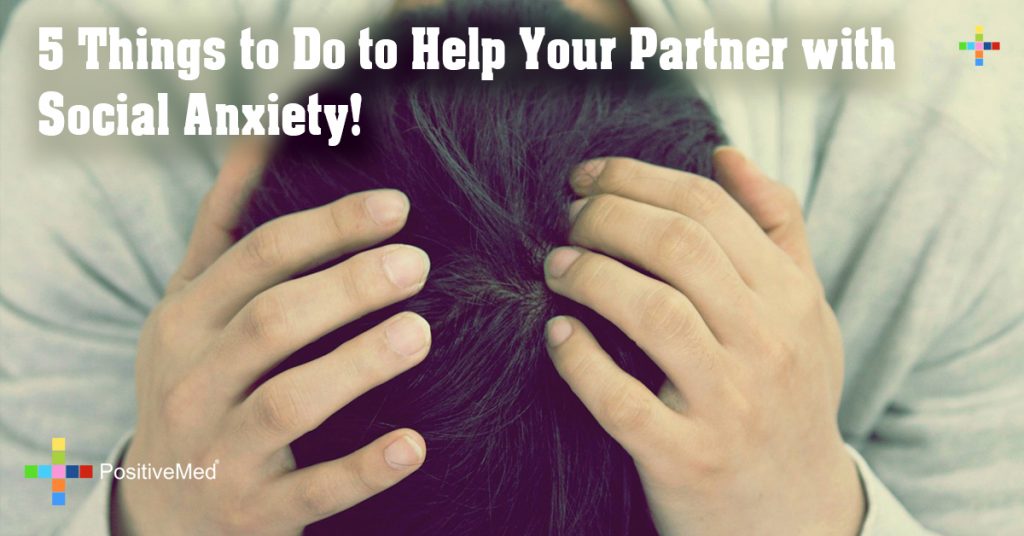
5 Things to Do to Help Your Partner with Social Anxiety!
Attending social events with a socially awkward partner may leave you feeling anxious, embarrassed or frustrated. You can help your partner overcome their awkwardness, whether they are shy or have a disorder that affects communication, by talking to your partner and working on the issues together.
What to Know
A socially awkward partner may be shy, have a disorder that affects communication or may not like social gatherings in general. An introverted partner is one who prefers small groups, or who would rather stay home. This type of person often has good social skills in small groups. A person with a disorder, such as ADHD, may ramble, interrupt or lose interest in conversations quickly, while a shy person or someone with social anxiety may not like freeze up in social situations.
Set Up Cues
If your partner has trouble interpreting other’s signals or tends to ramble, work to set up a signal that lets your partner know that the behavior is occurring. For example, touching your partner on the shoulder to indicate they are rambling is a gentle, subtle reminder to allow others to speak. This method is especially helpful when your partner is aware of their undesirable behaviors and is willing to work on improving their communication skills.
RELATED ARTICLE: How to Overcome Shyness and Social Anxiety
Educate Yourself
A partner who has ADD, ADHD, or who has social anxiety may be socially awkward as a result of their disorder. Read literature about the disorder, and talk to your partner to understand things from their perspective. You can help you partner understand their undesirable behavior, and help change it, when your partner feels that you are compassionate and understanding.
Consider Counseling
Couple’s counseling works by addressing the social issues experienced by your partner and by helping you accept your partner and their social awkwardness. You can both benefit by enjoying a stronger, closer relationship with the assistance of a counselor.
Give Your Partner Feedback
RELATED ARTICLE: What you should know about Antisocial Personality Disorder
A partner who understands and accepts their behaviors may be willing to listen to any feedback that you have about their social behaviors. Be kind, but clear, when you describe an undesirable behavior, and offer advice on how to change or stop the behavior in the future if possible.
Be a Model
A shy or introverted partner may have trouble meeting new people or starting conversations. Try introducing your spouse to people that you want them to meet, and stick around to get the conversation started. Many shy people warm up and can begin interacting with people after the ice is broken. Your partner may feel more comfortable following your lead when attending social events. With some compassion and a little time, your partner can become more social and far less awkward.





